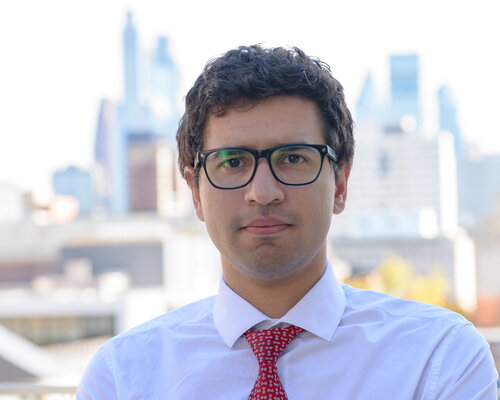Speaker Series: Gino Pauselli

How does institutional design affect non-state actors’ preferences for international organizations (IOs)? We develop a theory of strategic forum shopping, where non-state actors choose the most advantageous venue for litigation. While existing research highlights the importance of IO activity, it often treats non-state actors as exogenous and their involvement as given. In contrast, our approach considers these actors as strategic decision-makers, choosing where to engage based on the costs and benefits associated with institutional design. We compare the Inter-American and the UN human rights treaty systems. Our findings show that actors are more likely to file petitions with organizations offering legally binding decisions and less likely with alternatives. Non-governmental organizations weigh time differently than individual petitioners and are more willing to wait for a binding decision. However, longer wait times deter individual petitioners from filing complaints. This research shows the importance of considering outside options in regimes with overlapping institutions.
To register, contact Sophie Kofman at skofman@abfn.org.
Gino Pauselli is an Assistant Professor in the Department of Political Science at the University of Illinois, Urbana-Champaign, specializing in the intersection of human rights, global governance, and transnational advocacy. Previously, Pauselli was a Postdoctoral Fellow in the Niehaus Center for Globalization and Governance at Princeton University (2023-2024).
Pauselli’s research uses rigorous statistical methods to analyze the dynamics of norms adoption and resistance within global governance systems, with a focus on how international actors (including NGOs, intergovernmental organizations, and transnational networks) shape policy reform and accountability mechanisms.

